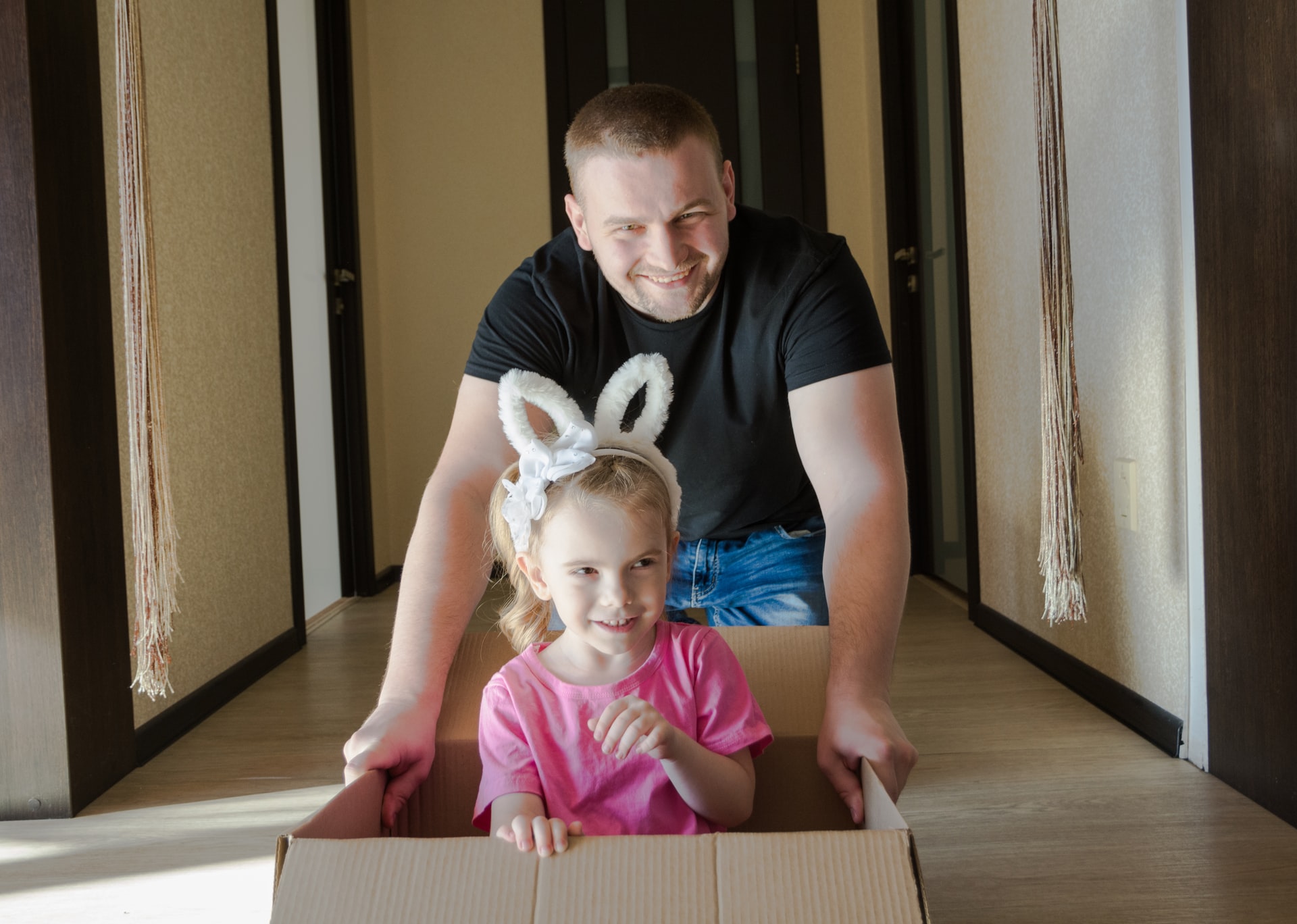It might be safe to say that we have all experienced that short moment of dread upon landing in a new country. That small moment where we think “what on earth did I get myself into” and wonder whether it is too late to get back on the plane, as the customs officer beckons you to stamp your passport. It’s even harder when you move to a country so different from your own, both culturally and linguistically, like China. Everything you experience could be a learning experience or an opportunity for spectacular failure. You watch other expats around you seamlessly woven into the tapestry of the country and it all seems impossible. So what do you do?
Tanya Kostova, creator of GloberWeb.com might have an answer for you. As a bona fide expat herself, Kostova knows a thing or two about being out at sea when in a new country. After living in numerous countries on four continents, Kosova felt she could convert her experiences into helpful tips for fellow expats to not only make their transition easier but also provide a platform for them to discover activities and workshops in arts, culture, sports, business, and language. We spoke to Kosova about her latest initiative; a cultural immersion program aimed at expats in Beijing.
It’s even harder when you move to a country so different from your own, both culturally and linguistically, like China.
How would you describe your experiences moving to different countries?
Swimming in unchartered waters? That’s what living in a foreign culture feels like, doesn’t it? When diving in deep waters, we prepare with all essential tools – goggles, oxygen tank, breathing tube, swim suite, underwater camera, etc.
Then how is it that when we are moving to another country we don’t diligently prepare for the cultural differences we would encounter? Why don’t we hyper-focus on gathering the essential tools to help us navigate this new culture? Let’s be honest, most times we “go out there” with just the camera, don’t we?

Swimming in unchartered waters? That’s what living in a foreign culture feels like, doesn’t it?
In your opinion, what is the hardest thing for expats to adjust to when they move to their new country?
The new culture is our new unchartered water. It surrounds everything and plays a role in every interaction, every situation, every day. Why is it that the common denominator of our entire new lives falls way behind on the “to do” list when the culture shock is one of the greatest challenges for expats? Preparing for it, however, could make a world of difference – literally!
Knowing how locals communicate, express themselves, voice disagreement, threaten each other is key to avoid misunderstandings, to avoid being offended where no offense is meant (that’s for both sides). Building awareness about your own cultural ways of communication to draw the distinction is another key. After all, how do you make local friends (seems to be the goal of all expats – a fantastic one we might add), if you don’t know how to communicate in a way that projects “the true meaning”, so your attempt at bridging the gap doesn’t get “lost in translation”?!
As we all know, culture is built over years of history and it is projected in the way of being, the daily habits, and communication, societal rules, traditions, arts, language, etc. Reading about them and studying them is just the base. Experiencing is the way to truly immerse, learn, and adjust but it has to be approached with an open mind and clear distinction of your own vintage point. How do you do that, thou?
What is the Cultural Immersion all about?
We thought, what better way to prepare for and enhance your life in China than experiencing it’s culture while having a clear direction of the true meaning behind it, with opportunities to ask and discuss these fun experiences directly with your instructor who is a local or an expat with many years’ experience of living in this rich culture. What’s more, we’ll even guide you on how you can use all that new knowledge for your own personal and professional growth.
That is how the idea for this comprehensive Cultural Immersion Program was born, as a way to help you get a “softer landing”, smoother cultural transition – to help you get a head start and make the most of your expat experience.
The program hopes to help you:
- Learn ways to effectively manage cross-cultural transition;
- Experience Chinese culture hands-on to get an understanding of your new home;
- Alleviate the effects of Culture Shock through preparation and interaction;
- Gather tools to use that new knowledge to grow personally and professionally;
- Have fun and make some new friends in the process!
Read all about the program here. Early bird tickets will be effective until Sept 30.
KEEP READING: Chinese Folklore Special: Mid-Autumn Festival Stories
Photos: Unsplash




